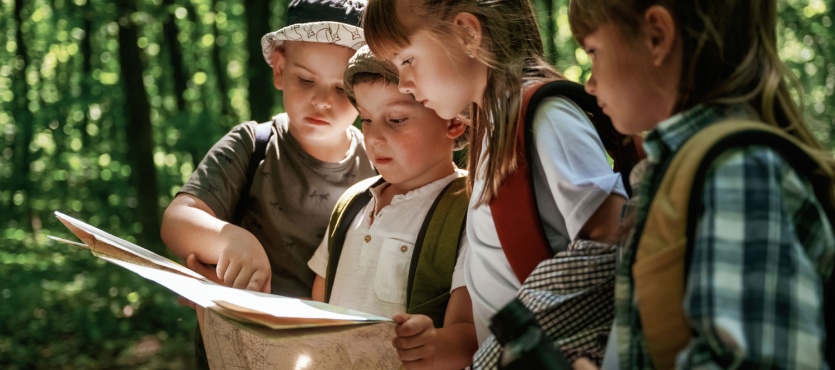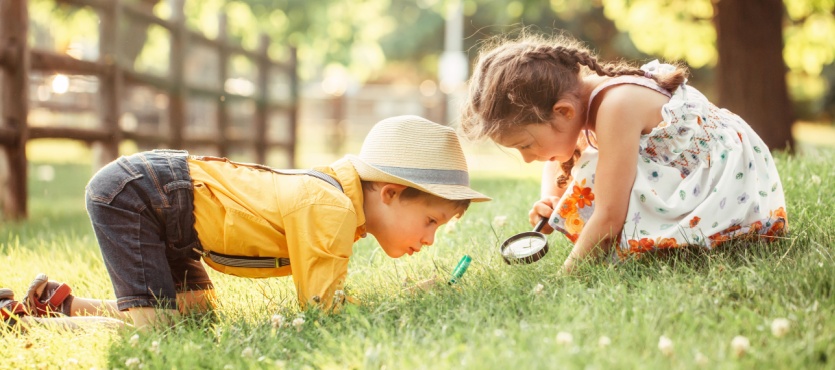In a world increasingly filled with screens and structured schedules, children often have fewer opportunities for unstructured play—especially outdoors. Yet, nature offers one of the richest environments for children to explore, imagine, and learn. Nature-based play isn’t just fun; it nurtures essential skills like creativity and critical thinking that serve children throughout their lives. Whether building forts from sticks, solving …
From Curiosity to Conservation: Teaching Kids Environmental Responsibility Through Camp
In an age where environmental issues are becoming increasingly urgent, raising environmentally responsible children is more important than ever. Kids are naturally curious—drawn to the colors of a butterfly, the mystery of a tide pool, or the rustle of leaves in a forest. When this curiosity is nurtured in the right environment, it can evolve into a deep respect for …
The Lifelong Benefits of Learning Survival Skills at Camp
In today’s world, many children grow up with limited exposure to the great outdoors. With technology-driven entertainment and structured indoor activities dominating their daily lives, opportunities to develop practical survival skills are often overlooked. However, learning these essential skills can have a lasting impact, helping children build confidence, resilience, and self-sufficiency. Survival skills taught at camps go far beyond fire-building …
Spring Into Adventure: The Benefits of Outdoor Learning for Kids During Spring Break
Spring Break offers children a much-needed break from the classroom, but it doesn’t have to mean a week of screens and idle time. Instead, it presents a perfect opportunity to explore, learn, and grow through outdoor experiences. Outdoor learning fosters creativity, curiosity, and confidence, providing children with an enriching environment that supports their overall development. Whether it’s hiking, canoeing, or …
How Nature-Based Play Encourages Creativity and Critical Thinking
Children today are growing up in a world filled with digital distractions, structured learning environments, and scheduled activities. While these elements have their benefits, they often leave little room for open-ended exploration and imaginative play. Nature-based playing offers an alternative—one that fosters creativity, enhances problem-solving skills, and encourages critical thinking. Unlike traditional classroom settings, outdoor environments provide limitless opportunities for …





